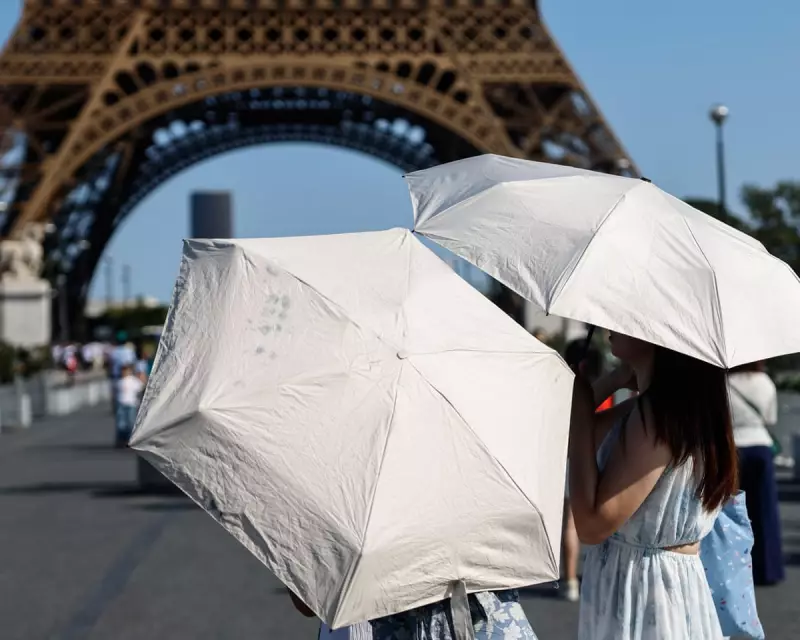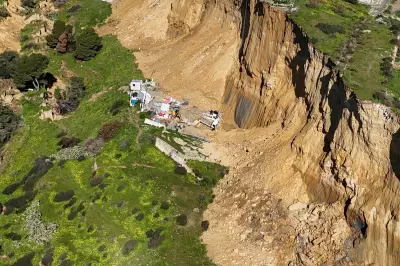
Europe's scorching summers are no longer just a challenge for locals—they're becoming a bizarre attraction for so-called 'climate tourists'. As temperatures soar to record highs, some travellers are flocking to the continent to experience the extreme heat firsthand.
While Mediterranean countries like Spain, Italy, and Greece have always been popular summer destinations, the intensity of recent heatwaves has created a new phenomenon. Some visitors are deliberately seeking out the hottest spots, treating the dangerous conditions as an adventure.
The Heatwave Economy
Local businesses in tourist areas report mixed reactions. Some hospitality workers note increased demand for air-conditioned rooms and cooling products, while others struggle with reduced daytime footfall as visitors avoid the midday sun.
"We've had guests who specifically booked during the heatwave," said a hotel manager in Seville. "They want to experience what they call 'real summer'—but then they spend most of the day hiding from it in our pool."
Health Warnings Ignored
Medical professionals express concern about this trend, noting that many tourists underestimate the risks of extreme heat. Hospitals in southern Europe report treating increasing numbers of visitors for heatstroke and dehydration.
"We see tourists who think they can handle the heat because they're on vacation," said Dr. Elena Marquez, an emergency physician in Malaga. "But their bodies aren't acclimatised, and they often combine the heat with alcohol—it's a dangerous mix."
Climate Change Reality
Scientists warn that these heatwaves are not normal summer weather but clear signs of climate change. Temperature records continue to break across the continent, with some regions experiencing temperatures 10-15°C above seasonal averages.
"What we're seeing is the new reality of European summers," said climate scientist Dr. Henrik Vogel. "These aren't isolated events—they're part of a pattern that will only intensify without serious climate action."
As the heat persists, the debate continues about whether 'climate tourism' represents harmless curiosity or a disturbing normalisation of extreme weather events.





